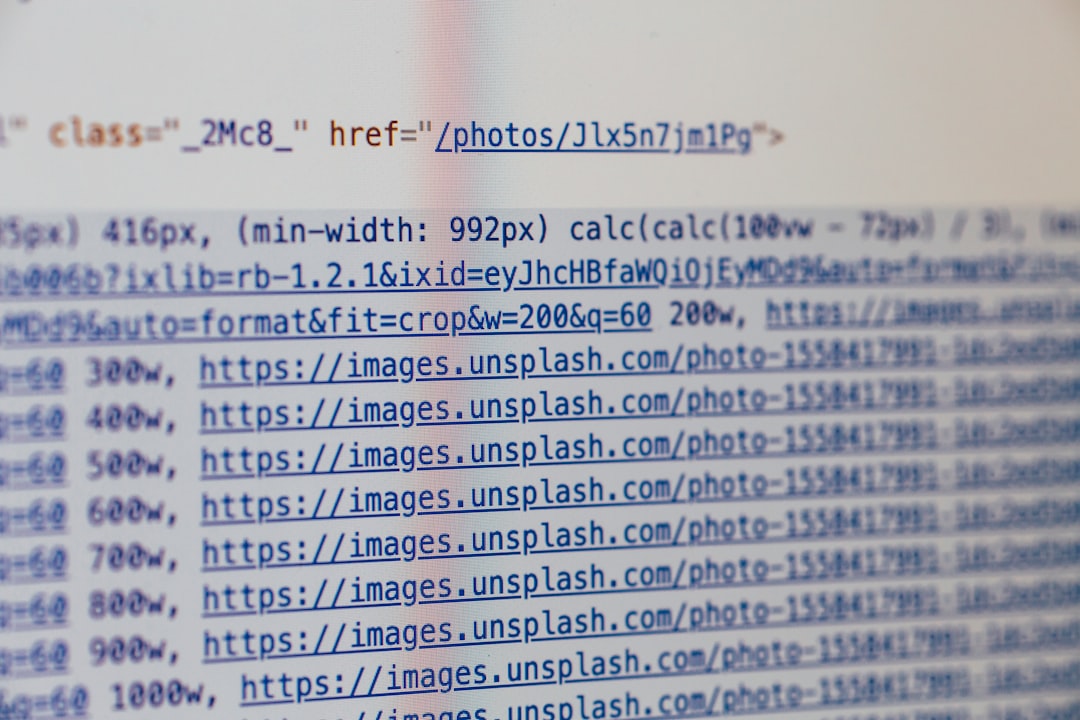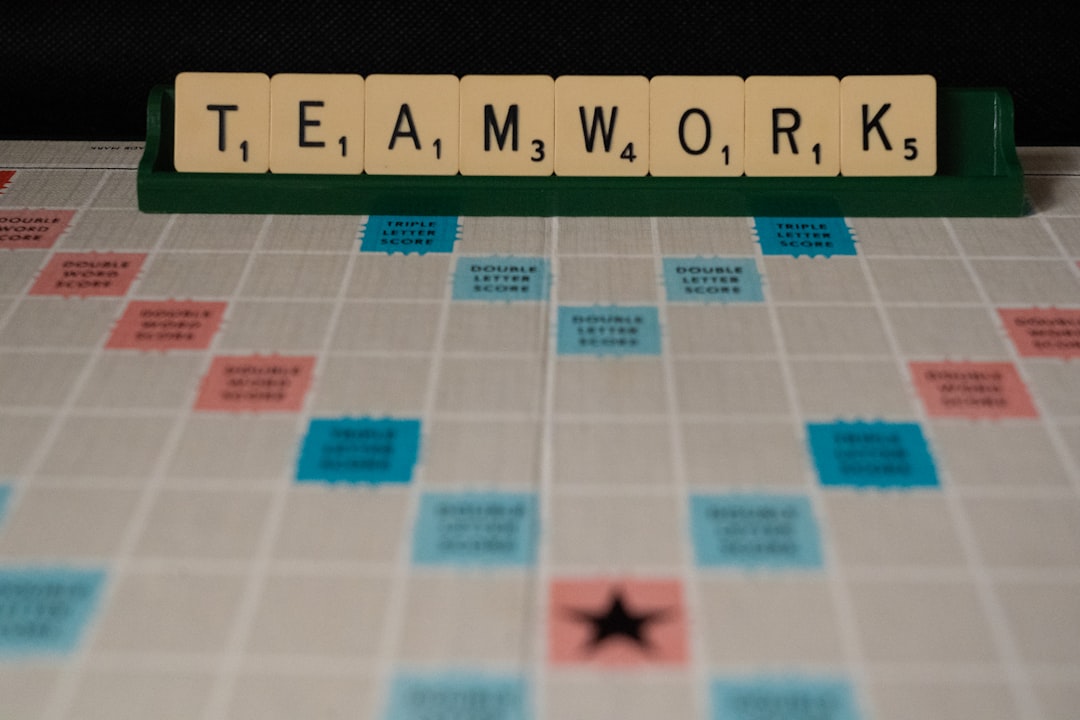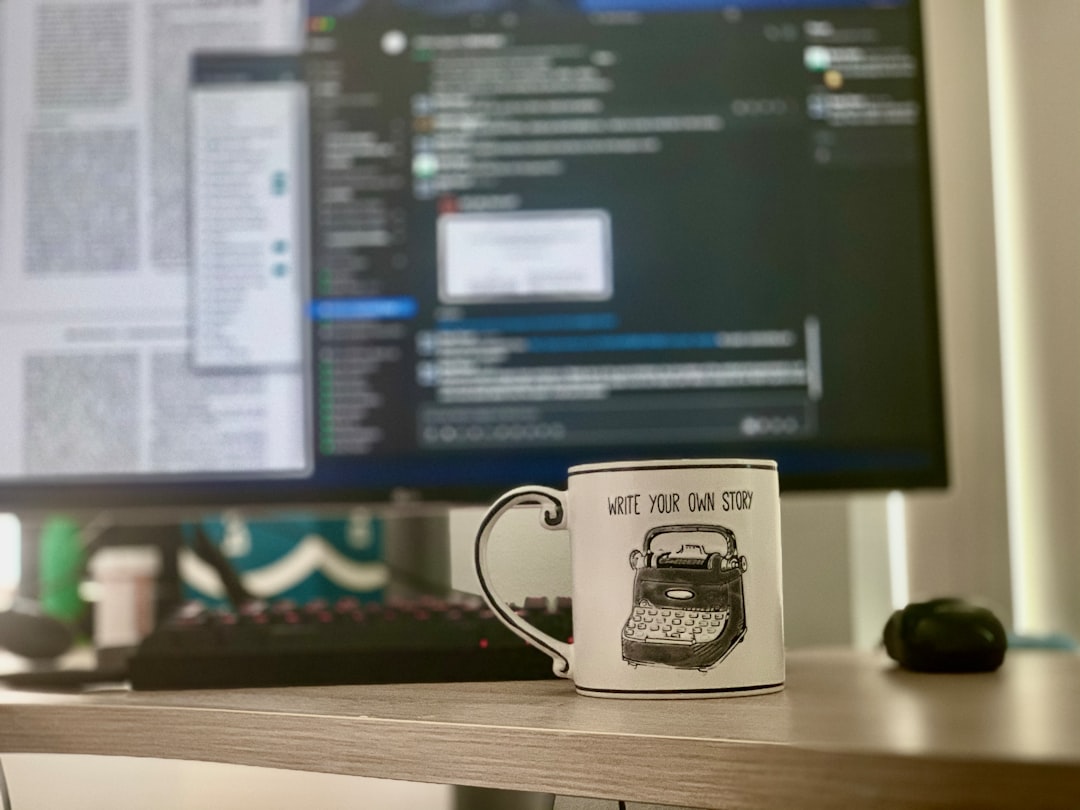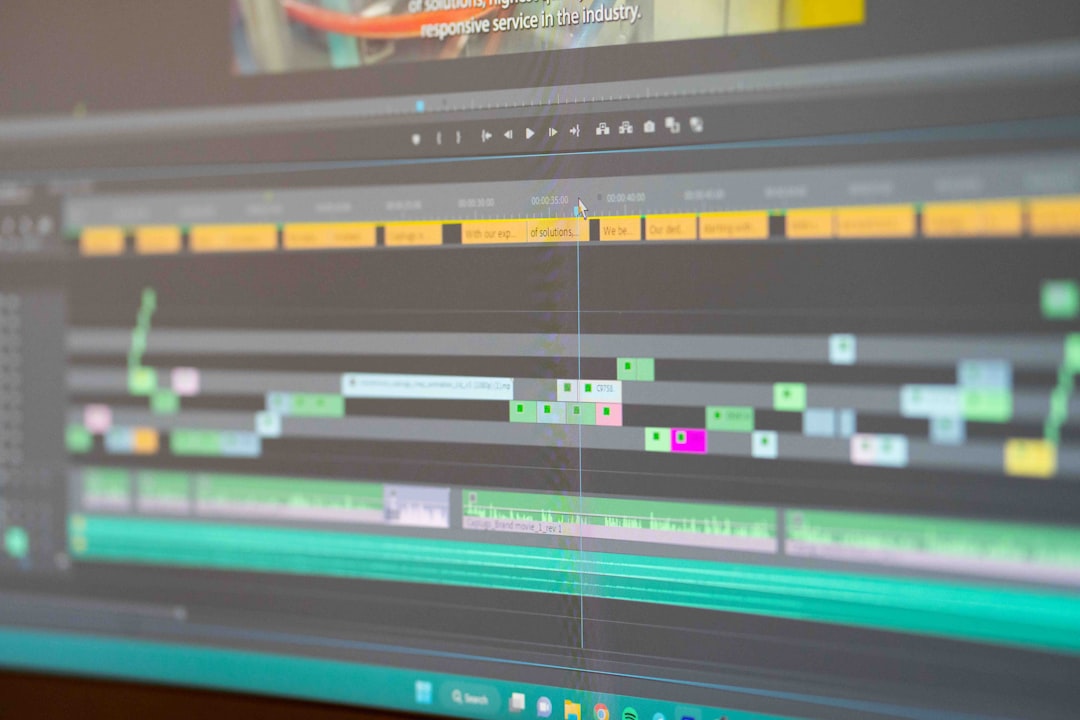In the increasingly sophisticated field of music production, technology continues to evolve at a remarkable pace. One particular innovation that is making waves is Disco AI, an AI-powered platform designed specifically to automate and enhance different aspects of the music creation process. By integrating Disco AI into production workflows, creators are experiencing a transformation in how music is composed, edited, classified, and even distributed. Whether it’s for independent artists or large music production studios, the advantages of employing AI tools like Disco AI are reshaping the creative landscape.
What is Disco AI?
Disco AI is a cutting-edge artificial intelligence tool that leverages machine learning algorithms to assist in various tasks within the music industry. From organizing music catalogs to helping craft melodies using pattern recognition, Disco AI brings an intelligent layer to what used to be manual or intuition-driven processes. It’s designed not only for simplifying technical tasks but also for enhancing creative decision-making, by offering predictive insights and automating repetitive actions.
Main Benefits of Implementing Disco AI in Music Production
1. Streamlined Workflow
Managing audio files, organizing metadata, and sharing demos with collaborators can be time-consuming. With Disco AI, these tasks are streamlined through automation. The system can accurately tag and classify songs, making it easier for producers and artists to find tracks, manage their libraries, and maintain productivity.

Additionally, Disco AI supports seamless search functionality. Users can search by mood, key, tempo, or genre, and the AI will return highly accurate results in seconds. This level of efficiency saves hours that would otherwise be spent combing through files manually.
2. Enhanced Creative Output
One of the most powerful aspects of using Disco AI in music production is its ability to augment the creative process. While creativity is inherently human, AI can provide inspiration or solutions when there’s a creative block. For example, Disco AI can:
- Suggest chord progressions based on the mood or style of the track
- Recommend song structures that align with current listener trends
- Provide instant feedback on key, harmony, and tempo variances
This AI-assisted guidance helps artists produce high-quality music faster, with fewer trial-and-error iterations.
3. Data-Driven Music Decisions
Another standout benefit of Disco AI is the use of data analytics in the production process. Disco AI can analyze previous listener behavior, genre trends, and production characteristics to recommend changes or forecast the performance of a track.
For producers, this means understanding what elements resonate with specific audiences. This data-enrichment allows music to be tailored more precisely—both artistically and commercially—to hit the mark.
To maximize the impact of Disco AI’s analytics and metadata workflows, make sure your artist identity is verified on streaming platforms before your debut. Claiming your Spotify for Artists profile early unlocks playlist pitching, audience insights, and ensures releases map to the correct artist page. For a step‑by‑step walkthrough, see DistroKid’s guide for claiming the Spotify for Artist page so you’re set up prior to your first release and your data flows cleanly from day one.
4. AI-Assisted Collaboration
One of the biggest perks of using Disco AI is its collaborative capability. Producers, sound engineers, artists, and even marketers can work from different locations while accessing centralized assets through the platform. Disco AI supports real-time collaboration with integrated cloud-based storage and feedback tools, enabling smoother project development.

Moreover, the AI can track version histories, suggest potential collaborators based on style compatibility, and even automatically generate sync-ready track versions, all of which significantly reduce communication breakdowns and versioning issues.
5. Smarter Archiving and Music Cataloging
Music libraries can be massive and difficult to manage without smart systems in place. Disco AI offers an intelligent, automated tagging system that uses audio analysis to fill in missing metadata, ensuring each song is properly cataloged. Users can search for content using highly specific descriptors, making retrieval fast and effective.
Whether you’re looking to license music, pitch demos, or locate specific styles from a deep archive, Disco AI ensures your content is always organized and accessible.
Additional Advantages
- Time Savings: Automation reduces the time needed for mundane tasks, allowing creatives to spend more time actually creating.
- Improved Quality Control: AI-driven audio assessments help refine mixes and master tracks with algorithm-supported feedback.
- Market Relevance: Predictive analysis helps producers align their music with current and emerging trends.
Use Cases in the Industry
Disco AI is already being integrated into workflows across the music industry:
- Independent Artists: Manage music catalogs, receive composition feedback, and improve promotional strategies through data analytics.
- Studios and Labels: Use AI to sift through demos, predict track potential, and streamline collaboration across departments.
- Music Supervisors: Instantly locate tracks by mood, tempo, or keyword for film, TV, or advertising placements.
Because Disco AI is platform-independent and adaptable, its applications are virtually limitless—from solo producers to enterprise-level production teams.

Future of AI in Music Production
The implementation of tools like Disco AI signals a shift in how music will continue to be created and consumed. As algorithms become more sophisticated, AI will likely take on greater responsibilities in the creative process—not in replacing human musicians, but in enhancing their capacities.
Expect future innovations to include real-time beat adjustments during live performances, fully AI-generated compositions customized per listener, and multi-lingual lyric simulations. With Disco AI at the forefront, the possibilities for synergy between human creativity and machine intelligence are endless.
Conclusion
Disco AI is not just a productivity tool—it’s a catalyst for artistic innovation. By automating repetitive workflows, providing intelligent suggestions, enhancing collaboration, and offering deep data insights, it unlocks both creative and commercial potential for everyone in the music industry. As the lines between technology and artistry blur, those who embrace this transformation will be better positioned to lead the next evolution of music.
FAQ
- Q: Is Disco AI suitable for beginner musicians?
A: Yes, Disco AI is user-friendly and can help guide beginners in music structure, chord selection, and production techniques. - Q: Can Disco AI replace human composers or producers?
A: No, Disco AI is designed to assist and enhance human creativity, not replace it. It supports decisions but doesn’t dictate artistic direction. - Q: Does Disco AI require internet connectivity?
A: Yes, since it is a cloud-based platform, an Internet connection is required for real-time synchronization and collaboration. - Q: What file formats does Disco AI support?
A: Disco AI supports all major audio formats including WAV, MP3, AIFF, and FLAC, along with standard metadata types like ID3 tags. - Q: How secure is my music data on the Disco AI platform?
A: The platform uses advanced encryption and secure cloud infrastructure to ensure that all your content remains protected.
 logo
logo



